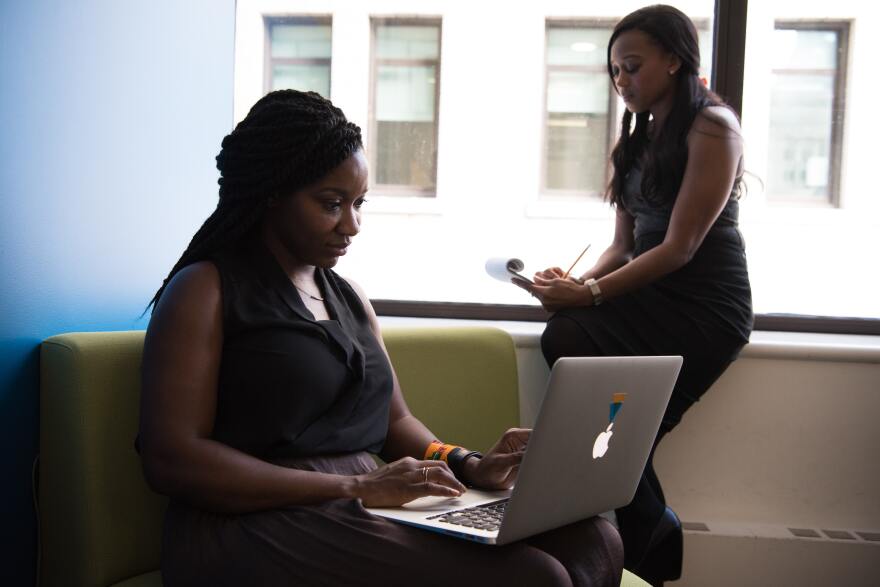According to the 2021 report issued by United Women's Empowerment (United WE), Kansas women continue to make less than men and, over the last five years, that gap has widened.
The original 2016 study reported women made on average 79 cents for every dollar earned by a man. In 2021, earnings decreased to 78 cents and in some rural areas of Kansas earnings were only 51 cents according to Wendy Doyle, president and CEO of United WE.
The report states one explanation for lower pay is career choice.
"Women tend to work in caring professions that pay significantly less than technical and managerial professions . . . In contrast, the top occupations for men in Kansas and the U.S. involve more physical labor and are more managerial or supervisory in nature," according to the study.
Doyle pointed to women's civic engagement as an area that Kansas in which women excel, but would like to see more entrepreneurs.
"We need more women business owners in the state of Kansas as a workforce development strategy," she said.
The pandemic has had a negative effect on women's progress, resulting in a significant amount of women leaving the workforce. Unemployment claims by women in 2020 more than doubled in 2021.
"We saw this nationally during the height of the pandemic. The Department of Labor reported that women fell back out of the workforce to what it looked like in the year 1987," Doyle said.
As the strain from the pandemic decreases, women in upper level positions are making their way back to work, however, women in lower level hourly jobs cannot return to work as easily due to childcare constraints.
In Kansas and Missouri, we're "seeing childcare as the significant barrier to get women back to work," Doyle noted.
According to the report, "Kansas is one of 33 states where infant care costs exceed the expense of full-time, in-state tuition for public colleges and universities."
Along with high costs, supply and demand imbalances since the start of the pandemic has meant fewer child care options are available, the president of United WE pointed out.
Poverty is more common among women, which Doyle attributes to a woman's decision to leave the workforce, resulting in a lack of savings and 401k contributions. Women's longer life expectancy compounds the effects of not being able to save enough earlier in life.
"Making those decisions of not participating in the workforce really leads women to living in poverty," Doyle said.
United WE is continuing their study of the equity of Kansas women in relation to men through the formation of a Kansas women's economic development task force and town hall meetings.
- Wendy Doyle, President and CEO of United Women's Empowerment









